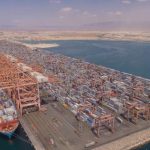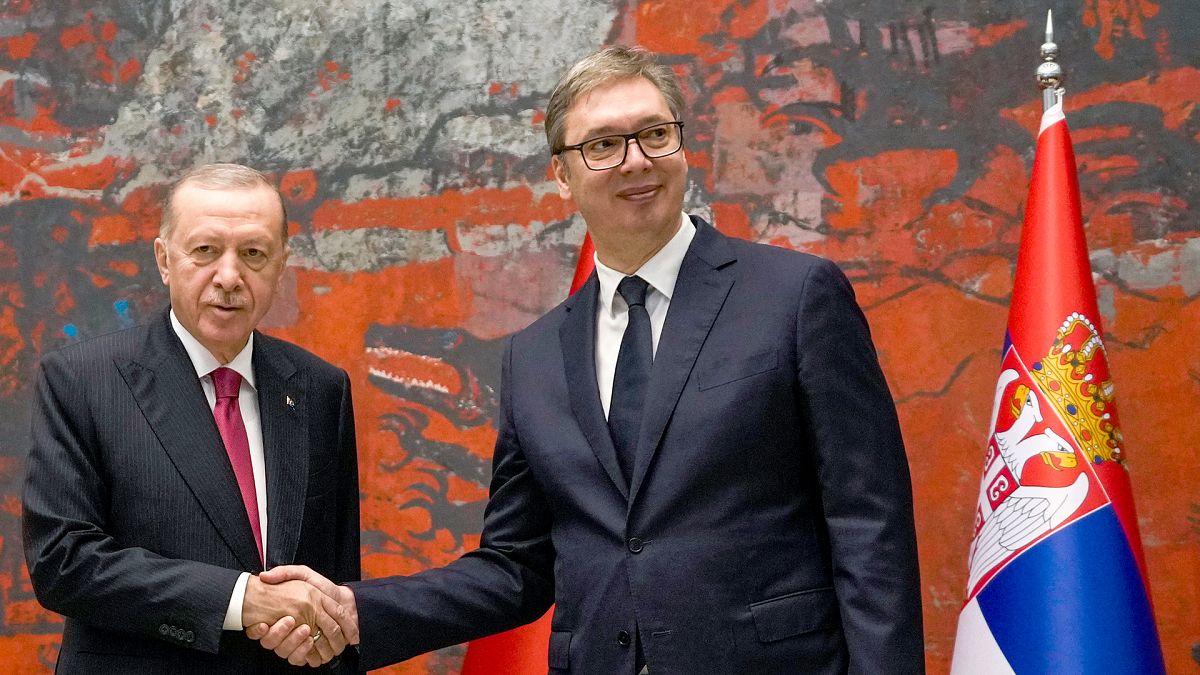The construction of the Belgrade-Sarajevo motorway, financed by Turkey, aims to connect Serbia and Bosnia to bring the two countries closer together. This ambitious project was discussed during a meeting between Turkish President Recep Tayyip Erdoğan and Serbian President Aleksandar Vučić. The agreement, signed in 2019, plans a circular motorway running from Belgrade to Sarajevo, with part of it already completed in Serbian territory. However, challenges remain on the Bosnian side, where political divisions have delayed progress.
On the Bosnian side, Milorad Dodik, the leader of the Serb-majority entity Republika Srpska, has secured a loan to fund further construction of the motorway. Despite Dodik’s separatist tendencies, he recognizes the importance of this project for the region. However, disputes over the highway’s route have hindered progress in the other half of Bosnia. Erdoğan’s strong relationship with Bosnian authorities may help overcome these hurdles and push the project forward.
The estimated cost of the entire motorway project is €4 billion, a significant investment by Turkey in the Western Balkans. While the EU has invested in infrastructure projects in the region, Turkey’s involvement has raised some concerns. With stalled EU accession negotiations and slow progress for Serbia, Turkey’s presence in the region adds a new dynamic to the geopolitical landscape. Despite tensions between Turkey and Brussels, Serbia’s economic development and trade relations with Turkey make it an important partner for Ankara.
The relationship between Serbia and Turkey goes beyond economic interests, with both countries maintaining ties with Russia and refusing to join Western sanctions against Moscow. This geopolitical positioning adds complexity to the region’s dynamics, with Belgrade serving as a key hub for transport between Russia and Europe. Turkey’s strategic interest in the Western Balkans and its economic investment in Serbia underscore its commitment to the region’s development.
The motorway project serves as a symbol of Turkey’s expanding influence in the Western Balkans and its efforts to strengthen ties with countries like Serbia and Bosnia. By investing in infrastructure projects, Turkey aims to enhance its presence in the region before these countries potentially join the EU. The economic benefits for Turkish companies involved in these projects also play a significant role in Ankara’s engagement in the region. Overall, the construction of the Belgrade-Sarajevo motorway highlights the complex geopolitical dynamics at play in the Western Balkans and the role of infrastructure projects in shaping these relationships.











